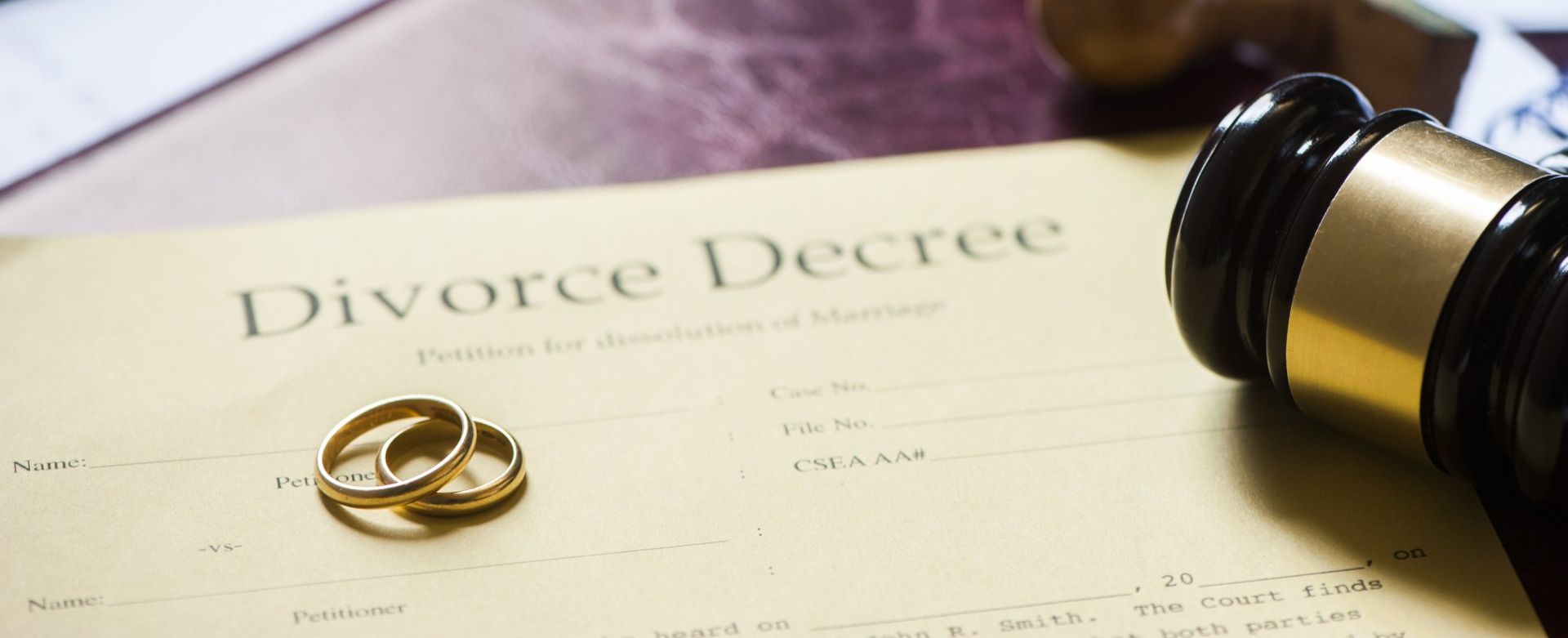DIVORCE AFTER 50
Bob Leonard Law Group, PLLC
March 24, 2022
Divorce After 50
Divorce after 50, sometimes called “gray divorce” is on the rise. The rate of divorce after 50 continues to increase. In fact, data analyzed by Pew Research, since 1990, shows the divorce rate has roughly doubled for adults ages 50 and above and tripled for those ages 65 and older.
Why Is Divorce After 50 Increasing?
First, people are living longer and may grow apart as they grow older. Second, both parties in a marriage may be working and earning similar income, so are each more financially independent. Third, there is not as much stigma associated with divorce. These three factors contribute to the increase in divorce after 50. More important than why the rise in “gray divorce,” is how the people are affected.
Divorce after 50 May Mean More Assets to Divide
People in this “gray divorce” age range are more likely to have accumulated a large amount of assets. As couples’ age and earning power increases, the marital community may have a high net worth, and hold investment accounts, IRAs, 401(k)s stocks, bonds, pension plans, company profit sharing and other financial assets. By this time in life, it is also probable that the couple owns real property, including homes, second home, vacation homes, rental properties, ranches, or farms.
Pension plans are particularly important. A pension is usually worth far more than the amount that appears on your annual statement. The longer the person has worked increases that disparity. For example, if a spouse has only worked at a company with a traditional pension plan for a year or two, the difference won’t be significant, but if he or she has worked there for 20 plus years, then the plan is probably worth several times the statement amount. It takes special training to be able to evaluate your situation in these cases.
In a Divorce after 50, Retirement Issues are Important

Retirement is closer and the financial impact may be greater. For example, a retirement plan for a single household may be insufficient to support two separate households. There is not as much time to rebuild your financial portfolio when you divorce after 50; there are not as many peak earning years. Each of the parties may have to make serious lifestyle adjustments so that they have sufficient retirement income. Retirement may have to be pushed back to a later date.
Supporting Two Households
For a single income family, divorce is particularly challenging. If there is only one income-earner in a family and the parties choose divorce after 50, there are multiple factors to consider. First, the potential earning power of the parties is significantly different. As a senior, it may be challenging to enter the workforce at an income level commensurate with the current standard of living. In order to support both parties equitably, the income earned by one party will have to cover living expenses for both parties during the divorce. The final settlement will likely take the disparity in earning ability into account. As a community property state, Texas recognizes that everything earned or purchased during the marriage is part of the community and belongs to both parties. While this helps in determining a settlement of the current assets, it does not change the future ability to earn income. Moving forward from the over 50 divorce, the person who has been employed throughout the marriage will likely continue to earn more money. When the parties have insufficient income and there are insufficient assets to make up for it, the court may consider spousal support if the parties were married more than 10 years.
Dual income families have their own set of challenges. Studies show that most people spend the majority of their income. When you have two income earners in the family, the annual expenditures reflect the high income. It is possible that both parties’ earnings are necessary to maintain this way of life. Separately the parties may not be able to afford things typically associated with high net worth. It may not be possible to maintain country club memberships, vacation homes, two large homes in desirable neighborhoods, luxury vehicles and other high-end goods and services, including, if applicable, university, private college or post-graduate school expenses for your child or children.
Children in Over 50 Divorce

Although children may be out of the house when an over 50 divorce occurs, and when they turn 18, they are no longer part of the divorce child custody process, children can still be adversely affected. Although it is tempting to confide in the children, it is important to keep them out of the fray. Yes, they are adults, but the divorce is between you and the other parent; asking the children to take sides can cause emotional damage.
Getting the Best Settlement in Your Over 50 Divorce
The job of your expert divorce attorney is to carefully evaluate the financial information and assets. Your attorney will gather and review all the financial information, perform, or obtain valuations or appraisals and assist in creating the best possible settlement for you given all the facts.
To properly consider the full financial impact of divorce, your divorce attorney must know exactly what is owned by the community estate and both separate estates and the actual value of each asset. Each party must also know the extent and nature of any liabilities. This means the gathering of current account statements, deeds, property appraisals and actuarial valuations of pension plans, retirement and other accounts, credit card statements and loan documents. If the couple owns a business or one of the parties owns a business, a business valuation may be necessary.
We will work with you to review all the facts and discuss the impact of various settlement options.
Obtaining a Final Decree of Divorce

The job of the court is to ensure that there is a just and right division of property in a divorce. Your attorney will prepare the evidence needed to prove your case and work to present it to the judge. In some cases, you may wish to request a jury trial.
Once all the information for a property settlement is gathered and analyzed, your attorney may schedule date for a final trial with the court. One of the requirements will be scheduling a mediation. You and your attorney will determine your desired outcome for a Mediated Settlement Agreement which will be the basis for your final decree of divorce. Many cases settle at mediation, particularly if your attorney is well-prepared. If the case does not settle, then the trial judge will make the final decisions in a ruling.
Your divorce attorney will prepare and present arguments on your behalf. We will provide the judge with evidence to help ensure you get the ruling you deserve.
Expert Legal Representation
It is critical that you have an expert family law litigator representing you in your divorce after 50. All the typical issues in a divorce are present in your case along with the additional challenges faced by senior adults in planning for their future.
Bob Leonard, Jr. is a Board Certified family law expert. Bob is a fearless litigator with the strong business, financial and negotiation skills you need for a successful outcome.






